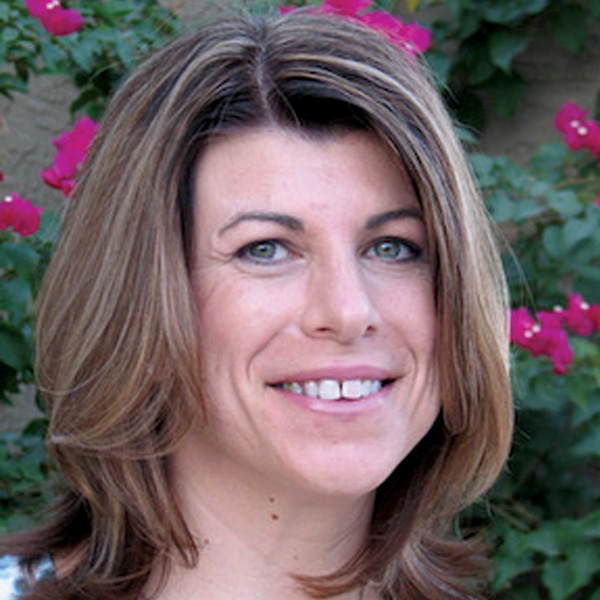“Show Me. Don’t Tell Me.” How Five Words Can Transform Your Application
“Don’t tell me the moon is shining; show me the glint of light on broken glass.”
– Anton Chekhov
Whether you’re applying to college, a master’s program, business school, or a competitive fellowship, these five words should be your writing mantra: “Show me. Don’t tell me.”
The statement “Show me. Don’t tell me” sings to me because I love reading, storytelling, and theatre. Anton Chekhov’s advice to writers is universal, and it has guided countless applicants I’ve worked with into some of the most prestigious programs in the world.
And here’s the good news: it works for every kind of applicant.

You’re probably told all the time to be “authentic” or to “stand out.” But what does that actually mean? It means resisting the urge to say things like this:
“I’m passionate about economics.”
“I’m a natural leader.”
“I’m curious and driven.”
Anyone can say such things, but not everyone can prove what they’re claiming.
Adcoms read thousands of applications. We don’t just want to know that you’re passionate or determined, we want to see you exhibiting these qualities. This is where “Show me. Don’t tell me” comes into play.
How to Show Rather Than Tell
Here are five tips for putting this advice into practice.
1. Tell the story; don’t just give a summary.
Rather than saying, “I’m entrepreneurial,” say, “In 11th grade, I started a small tutoring service for my classmates. I built a website, hired two friends, and by the end of the semester, we’d helped 20 students improve their GPAs.”
2. Use specific examples.
Talk about what you read, built, solved, researched, or changed. Describe what made it exciting – or frustrating. Let us into the moment with you.
3. Bring in texture.
What did you notice? What did you hear, see, feel? Rather than stating, “Volunteering at the shelter taught me compassion,” try something like “I sat beside Maria while she filled out a housing form, watching her erase the same sentence three times because her hand was shaking too much for her to write clearly.”
4. Think “evidence,” not “adjectives.”
Rather than writing, “I’m a problem-solver,” describe the problem, and then outline the steps you took to solve it. Give us the outcome. Use the STAR method to enrich your response to a behavioral questions (e.g., tell me about a time when you did X, describe a time when you encountered X). And if you are unfamiliar with the STAR method, the acronym stands for Situation (background, context, history), Task (goal), Action (what you did), and Result (quantify and reflect).
Let me offer you a personal example. I could say I’m obsessed with puzzles. But that would be telling. Instead, here’s how I would show this:
“Last Sunday, I solved the New York Times crossword in 40 minutes, cracked a 4×4 Rubik’s Cube in 10, finished a logic puzzle in five, and then rewarded myself with another episode of The Bletchley Circle on Netflix.”
See the difference?
Final Thoughts
“Show me. Don’t tell me.” Is more than just a writing tip. It’s an approach to storytelling that builds trust. It shows that you’ve already lived parts of the story you want to continue in college or graduate school.
So whether you’re writing a personal statement, preparing for an interview, or just brainstorming the first draft of an essay, remember this: don’t just tell the reader the moon is shining; show them the glint of light on broken glass.
Related Resources

